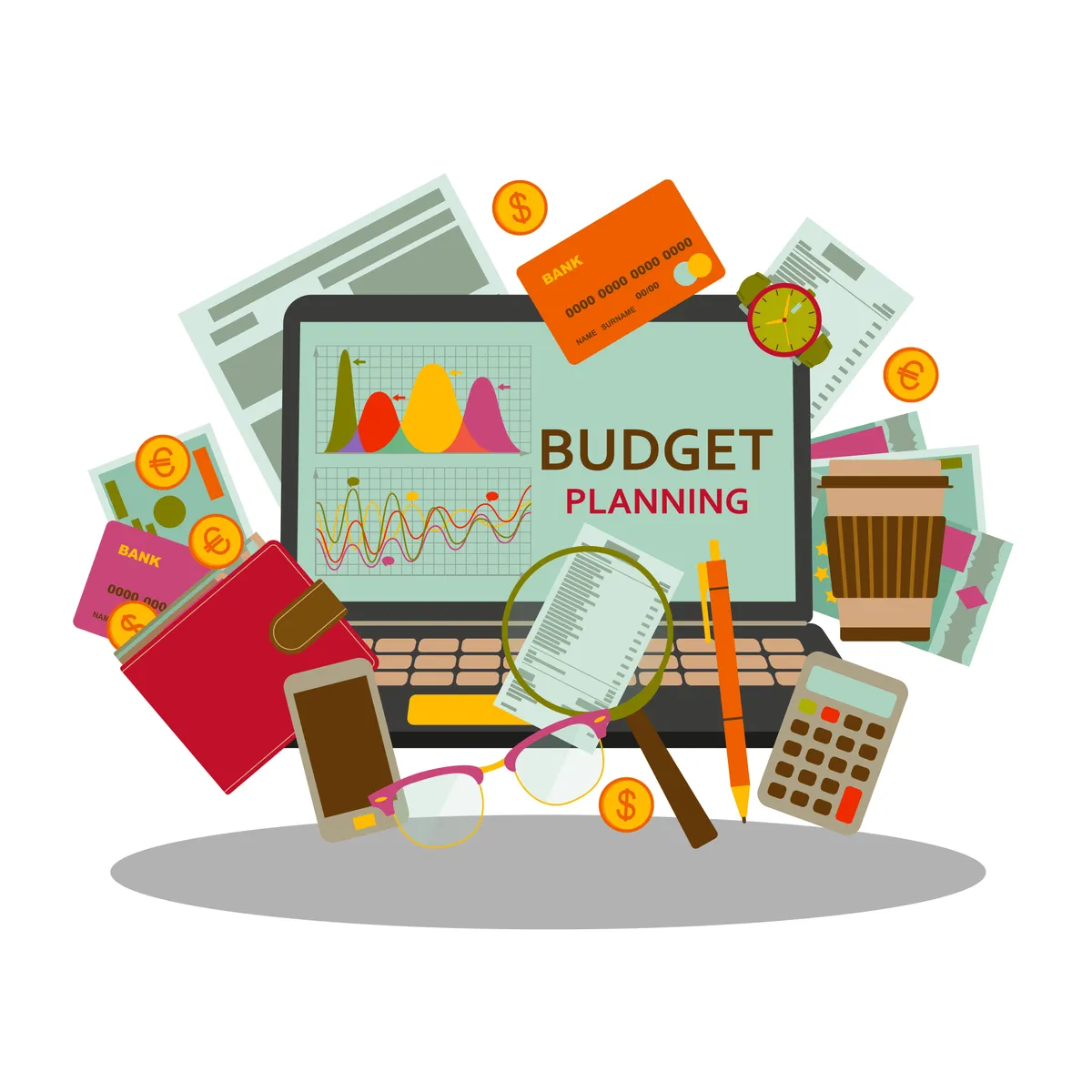Spending and Savings Strategies
Budgeting 101: Tips and Tricks on How to Live a Frugal Life and Budget Like a Pro

Are you seeking ways to save money and live a more frugal life? Budgeting is essential to managing your finances and a skill anyone can learn. If you know how to make the most of your money, you'll be able to live a more financially secure lifestyle. You must set realistic goals, track your expenses, and find ways to save. With these strategies, you can start living a frugal life and take control of your finances.
Decide what's important to you.
When budgeting and living a frugal life, the first step is to decide what's important to you. This means setting priorities and focusing on the most important things. Next, ask yourself questions such as: What do I need? What can I do without?
Take time to assess your current lifestyle and spending habits. Consider both your long-term and short-term financial goals. Then, think about what you want to achieve in the future and ensure those goals are reflected in your budget. Setting tangible goals is essential, like saving up for a security deposit on your apartment or taking an annual vacation. Having a goal that will keep you motivated when you might feel deprived or experience FOMO.
Track your spending
The key to successful budgeting is understanding exactly where your money is going. Then, when you track your spending, you can adjust your budget as needed and ensure that you stay on track.
One way to track your spending is to use a spreadsheet, although there are many online budgeting apps that enable you to connect all your financial accounts to track your budget and get spending alerts. Apps, like You Need a Budget, Goodbudget, and EveryDollar, can be extremely useful budget/spend management tools.
Another great way to track your spending is to use cash. It's much easier to keep track of what you're spending when you use cash. You can also set up a separate envelope system for each category in your budget to see how much money you have left for the month quickly and easily.
No matter how you track your spending, doing it consistently and accurately is essential. By tracking your spending, you'll better understand where your money is going and ensure you are sticking to your budget.
Make a budget
Creating a budget can be intimidating, but it doesn't have to be. With just a few simple steps, you'll be on your way to achieving financial freedom.
First, you'll want to list your income sources. This could include wages from your job, money from investments, or side hustles. Next, write down the exact amount you bring in every month. Next, list your fixed expenses. These monthly costs, such as rent, car payments, insurance premiums, etc., stay the same. Finally, record how much you spend on each of these expenses.
Then, list out your variable expenses. These costs, such as groceries, gas, entertainment, etc., can change monthly. Finally, list how much you typically spend in each category to get an idea of where your money is going.
Once you have listed all your income and expenses, you can calculate your budget surplus or deficit. If you have more money coming in than going out, you'll have a surplus towards savings or paying off debt. On the other hand, if you have more money going out than coming in, you'll need to adjust your spending habits.
Stick to your plan
Sticking to your budget is crucial to frugal living. It's easy to create a budget and set goals, but it takes dedication to stay on track. Here are a few tips for staying on top of your budget.
Review your budget regularly. Every month, take some time to review your spending against your budget and look for any areas where you can adjust or cut back.
Set reminders for yourself. Setting reminders to stay on track with your budget can be helpful, whether you write yourself a note or set the alarm on your phone. If you use an app, you can create alerts and alarms, and, in many cases, the app will take care of this for you.
Track your spending daily. This helps you stay aware of where your money is going and ensures you're staying within your budget.
Pay yourself first. Making sure you save before spending is essential to maintaining a frugal lifestyle.
Avoid impulsive purchases. Impulsive purchases are one of the most common ways people overspend. Try to avoid making unnecessary purchases and stay focused on your goals.
Sticking to your plan is vital for frugal living. Making sure you track your spending, pay yourself first, and avoid impulsive purchases will help you stay on track with your budget and reach your financial goals.